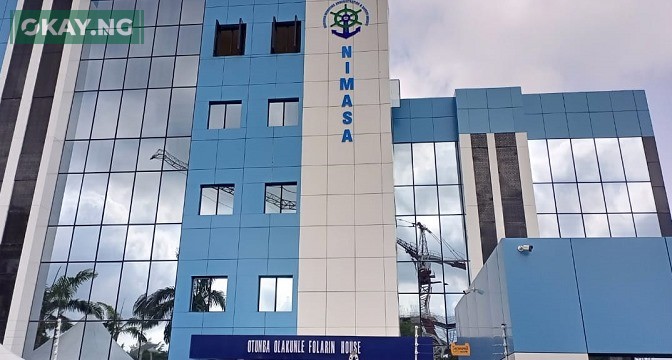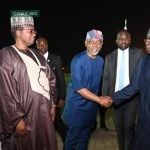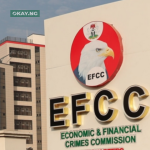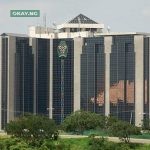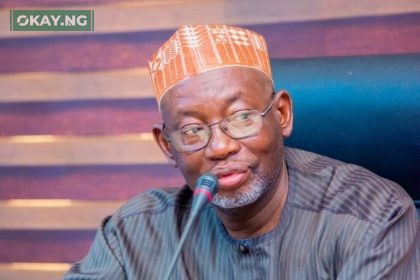Despite a significant reduction in piracy within the Gulf of Guinea, Nigerian importers have paid $1.5 billion in war risk insurance (WRI) premiums over the past three years. This has sparked strong objections from maritime operators, who argue that Nigeria is not a war-torn region and should not be subject to such premiums.
The Nigerian Maritime Administration and Safety Agency (NIMASA) revealed this financial burden, highlighting that Nigeria possesses a substantial fleet of vessels, all potentially subject to these premiums. WRI covers both cargo and vessel value, resulting in significant costs per voyage.
NIMASA asserts that these premiums, initially imposed during the Niger Delta militancy, are no longer justified. They point to the absence of piracy incidents for over three years and Nigeria’s removal from the International Maritime Bureau’s list of piracy-prone countries. Despite this improved security, international shipping companies continue to levy these charges.
NIMASA, under Director General Dr. Dayo Mobereola, is actively campaigning for the removal of WRI premiums. They have engaged with international organizations like the Baltic and International Maritime Council (BIMCO), the International Chamber of Shipping, and the International Maritime Organization (IMO), emphasizing Nigeria’s substantial investments in maritime security, including the Deep Blue Project.
International shipping associations have acknowledged Nigeria’s progress. BIMCO, for example, suggested that shipowners should push for lower premiums, while INTERCARGO pledged support for Nigeria’s delisting from WRI zones. NIMASA has also sought assistance from Denmark, given Maersk Line’s significant contribution to Nigeria’s GDP.
Maritime experts, including the President of the National Association of Master Mariners and shipowners, criticize the WRI, arguing that it inflates freight rates and unfairly extracts value from the Nigerian economy. They contend that the premiums are unjustified, given the current security situation.
Shippers Association representatives demand transparency, noting the absence of WRI charges in Bills of Lading and emphasizing that Nigeria is not at war. They call for protection from these unwarranted payments.


